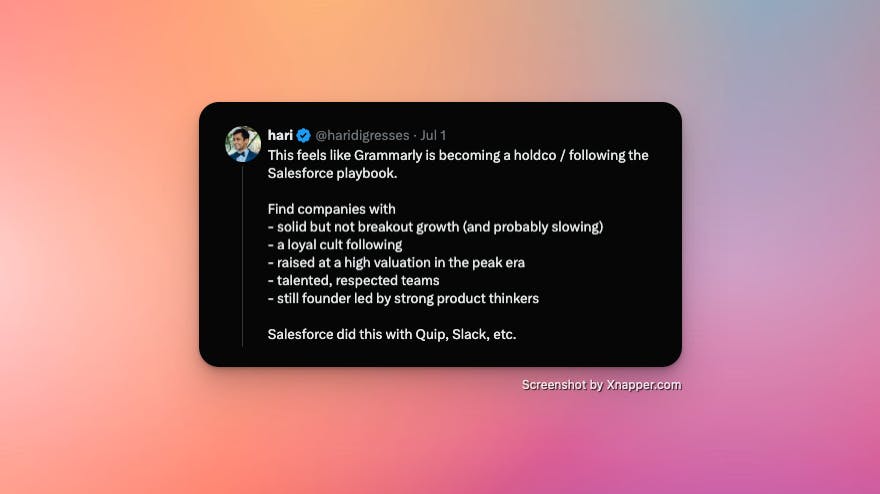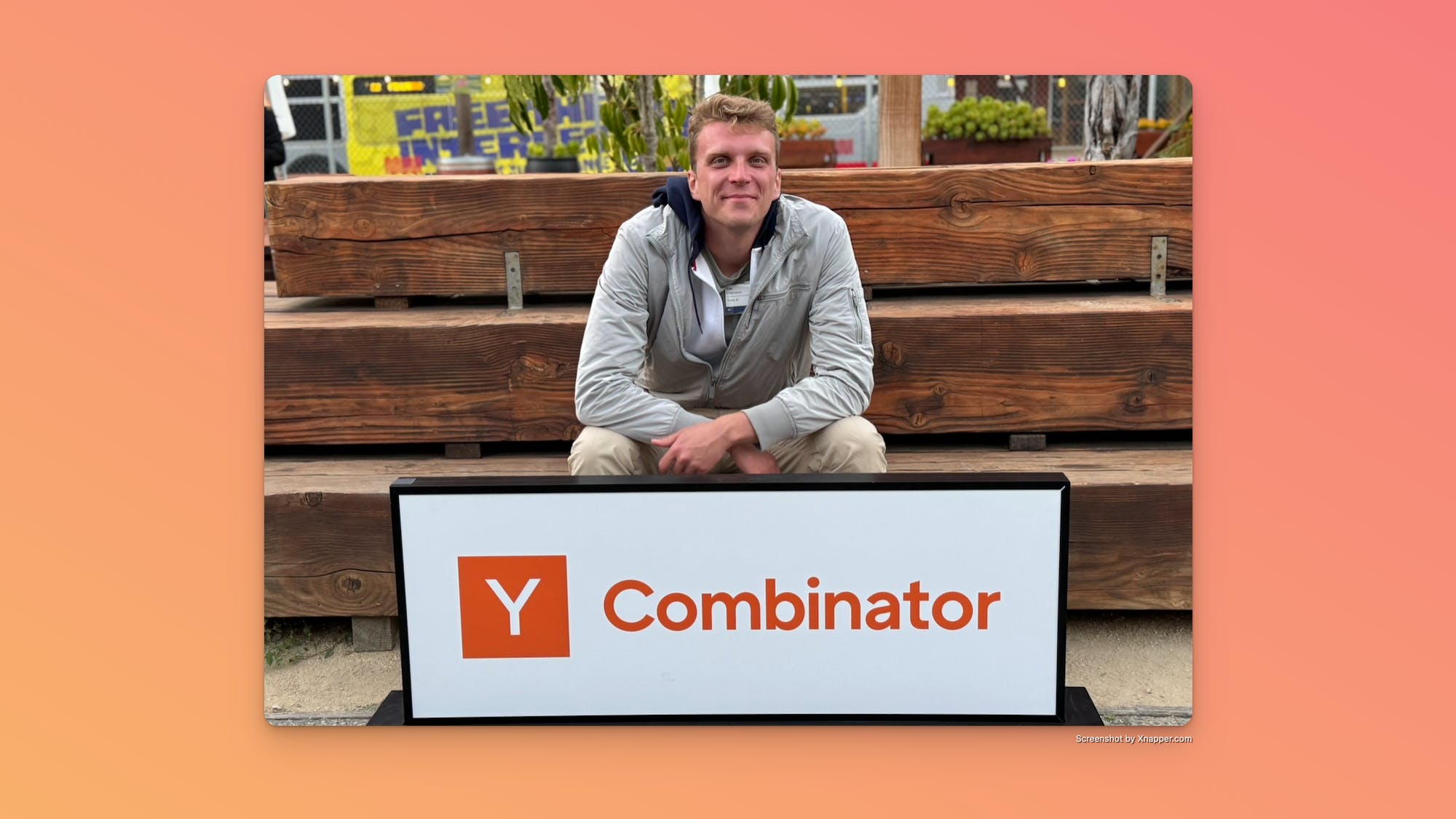gm, legends. It’s Sunday funday.
This edition is packed: Superhuman sells, how to claw your way out of pivot hell, freaky AI prompts, and the most popular products that launched this week. We’ve got a lot to cover, so grab a cuppa and sip slowly.
P.S. Launching soon? We’d love to hear about it → editorial@producthunt.co 🫶

Scroll back to Superhuman’s 2019 invitation-only beginnings and you might be struck at how Clark Kentish founder Rahul Vohra was. Just a regular dude with a mission to make email less of a time-suck; he wanted an email client with the power of a productivity tool.
At that time, everyone knew that the best method for getting to inbox zero was gluing yourself to a mobile app—that way you could respond on the go. But Superhuman was optimized for keyboard warriors. Common knowledge held that people wouldn’t pay for email, not when Google and Microsoft gave their email clients away for free. But Superhuman had the nerve to charge $30 a month.
Yet people bought it. Clamored to peek at it. The waiting list stretched toward 200,000 people at one point as aspiring superhumans sought a better way to communicate.
Superhuman got bought this week, this time by Grammarly. Although terms haven’t been disclosed, we’re pretty sure the price was worth it. Grammarly gets a solid team that’s more interested in shipping features than spinning out their personal brands. It wins a hardcore group of followers that will ⌘K all day long. And it obtains another tool that, like it, was using AI before AI was everywhere.
That’s big as Grammarly repositions itself from a tool that nitpicks your sentence structure into what Rahul is calling “the AI-native productivity suite of choice.” See, LLMs didn’t kill Grammarly, but they did raise the stakes. Suddenly, its 30 million+ daily active users had to decide whether to use Grammarly to toy around the edges of their draft or just have ChatGPT or Gemini write the whole damn thing. Last year, Grammarly bought AI-agent startup Coda. Now it’s using part of its $1B investment from General Catalyst to snatch up Superhuman, including Rahul and his team.
The idea, Rahul told us, is that “we are now entering a new era of productivity — one that is AI-native, agentic, and deeply personalized.” Clearly, Grammarly saw someone who could help usher in that era.
We’ve been interested in Rahul, too, ever since he joined Product Hunt over 10 years ago. At that point, he was a third-time founder who had sold his previous company, Rapportive, to LinkedIn. It’s been a productive decade for Rahul. His inbox might be at zero, but his accomplishments are piling up. And, if he’s right, yours will be, too.

How Clustr co-founder Tim Cherkasov went from tarpit idea to pivot hell to YC in 5 months
I had been thinking about pivoting for a year, but convincing my co-founders was hell. Every time I brought it up, my team would point to our existing user base as a signal of market validation.
True, there were signs of success on Clustr, where web3 novices could manage their cryptocurrency portfolios without doing a bunch of their own research. We had revenue. We had 9,000 users, and the average user session ran nearly 10 minutes.
What we didn’t have was stickiness.
We couldn’t get users to transact on our platform. Most would use the insights we provided and then bounce, buying and selling their crypto elsewhere.
To address this and scale up users and transaction rates, we ran more than 150 creative marketing experiments. Some worked. Most failed. We were left with two options: gatekeeping our content or monetizing through ads, neither of which we wanted to do. We understood then that we couldn’t sufficiently scale the product in the way we had envisioned.
So we shut it down.

You can ask AI to do pretty much anything these days. (It can’t actually fold your laundry, but it will be very complimentary about your linens.) So our very own Jake wants to know: “What’s the weirdest thing you’ve asked AI to do?”
Some of our faves:
- A web3 marketer who has Gandalf shouting “You shall not skip leg day!” at him
- A text-to-speech translator for Polish to…Esperanto
- How to cauterize a wound (for when an investor meeting goes horribly wrong, I guess)



